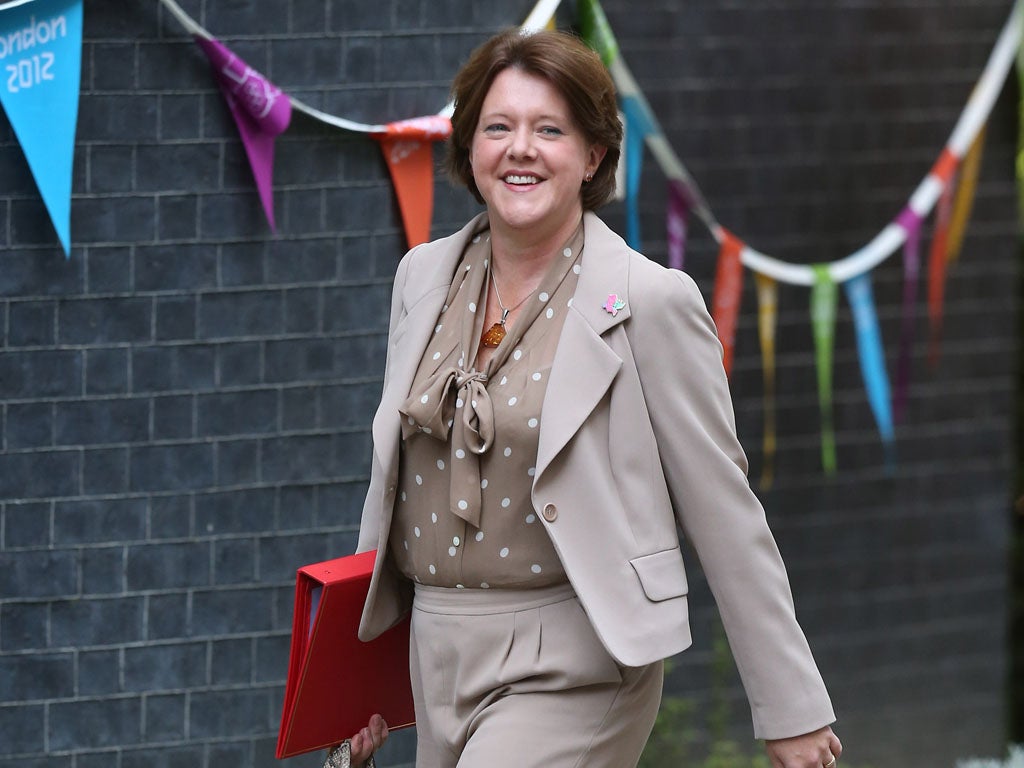
Maria Miller will have known that her comments yesterday on the abortion time limit would hit a nerve. No other issue generates more hand wringing than the question of when is it too late to terminate a pregnancy.
The new Women's minister declared in a newspaper interview that it was "common sense" to lower the limit from the current 24 weeks to 22 weeks because medical science had "moved on" and babies were surviving at younger and younger gestational ages.
She insisted this was not a snub to women's rights, but added she was "riven by the very practical impact that late term abortion has on women".
"You have got to look at these matters in a very common sense way. I looked at it from the very important stance of the impact on women and children. What we are trying to do here is not put obstacles in people's way but to reflect the way medical science has moved on."
Experts yesterday challenged her claims on both grounds: that advancing medical science had altered the landscape of abortion and that she knew enough about the impact of late abortion on women.
In 2011 there were 2,729 abortions conducted in England and Wales on women at between 20 and 24 weeks, 1.4 per cent of the total of almost 190,000. Almost all of these late abortions were carried out by the charity BPAS (formerly the British Pregnancy Advisory Service) but a spokesman said Ms Miller had never visited the charity or discussed with it the likely impact of removing the right to abortion for these women.
Ann Furedi, chief executive of BPAS said: "Scientific evidence does not show that survival rates before 24 weeks have improved in recent years, as the minister seems to believe."
She added: "Mrs Miller says she is driven by the impact abortion has on women. Staff at BPAS would be pleased to meet her and explain to her exactly what impact restricting abortion would have on the women we care for and their families."
But is she right that medical science has "moved on" since 2008? Improvements in obstetric and neonatal care have certainly seen advances in survival of premature babies over the last 30 years. Where once babies born at less than 30 weeks gestation struggled to survive now a majority (54 per cent) of those born at 24 weeks live.
Advances in medicine since 1990 have seen babies survive at 23 weeks and, very rarely, at 22 weeks. But the outcome for these extremely premature babies is often poor, with many suffering multiple mental and physical disabilities, suggesting the limits of viability have been reached.
A review of the abortion time limit by the Royal College of Obstetricians and Gynaecologists in 2010 concluded there was no scientific evidence to justify a lower limit. Yesterday, a spokesperson said the College's view had not changed.
Subscribe to Independent Premium to bookmark this article
Want to bookmark your favourite articles and stories to read or reference later? Start your Independent Premium subscription today.

Join our commenting forum
Join thought-provoking conversations, follow other Independent readers and see their replies